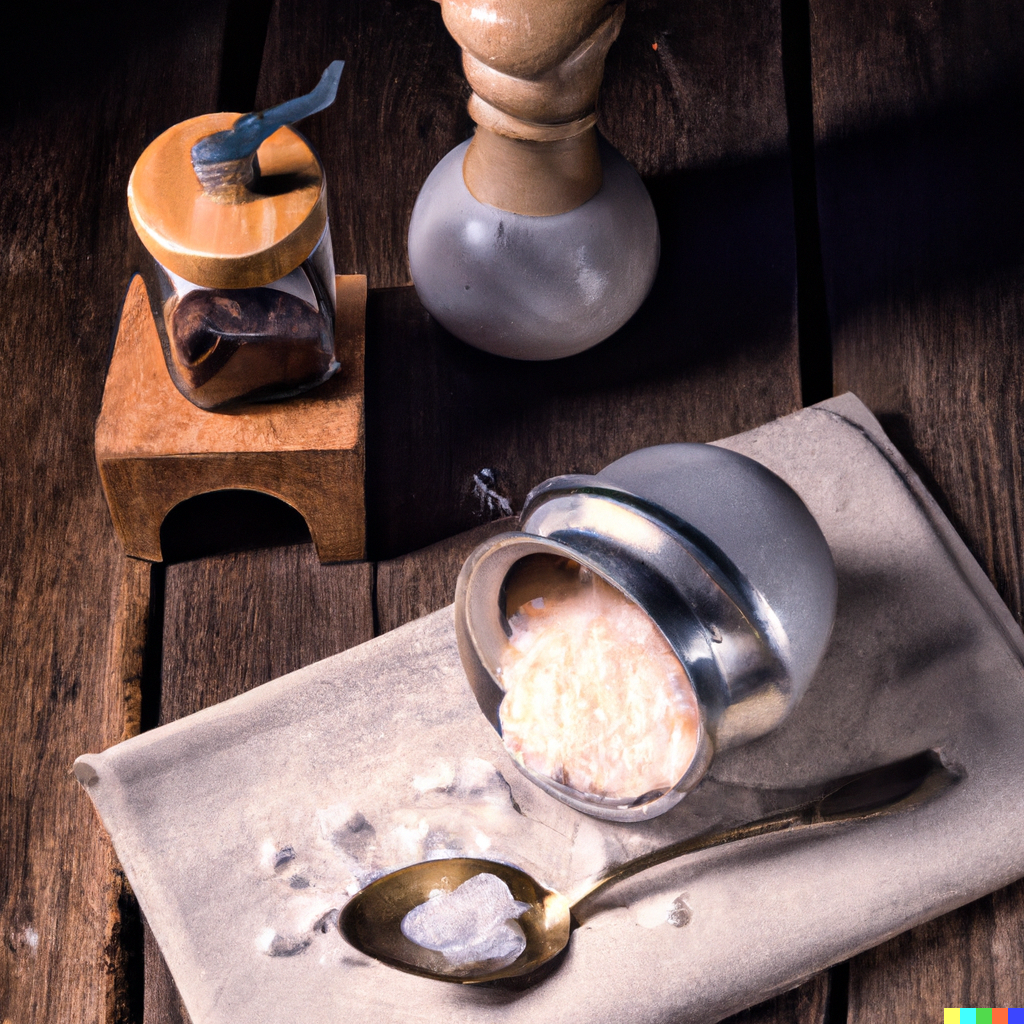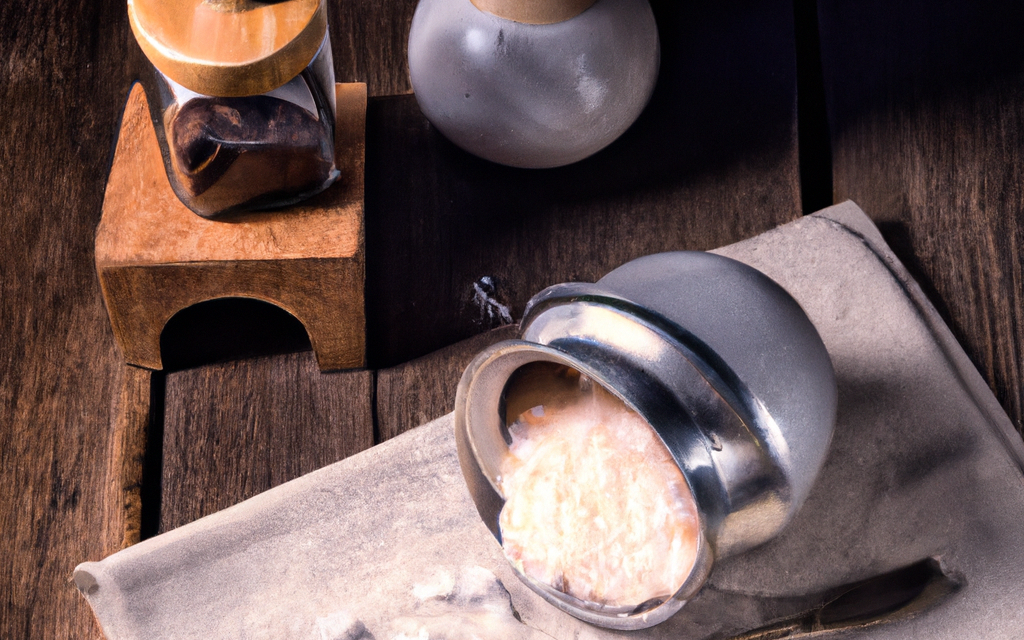
A recent study utilizing data from the UK Biobank has uncovered a potential health risk for individuals habitually adding salt to their meals at the table. The research, led by Rui Tang, a doctoral candidate in epidemiology at Tulane University, suggests that chronic salt additions are associated with an elevated risk of developing chronic kidney disease (CKD). The study, published in JAMA Network Open, delves into the impact of table salt habits on CKD risk in a population-based cohort study involving over 460,000 participants aged 37-73.
The participants were categorized based on the frequency of adding salt to meals: never or rarely, sometimes, often, or always. Over a decade-long follow-up period, approximately 22,000 new CKD cases were documented. The analysis revealed a significant association between frequent salt additions and an increased risk of CKD.
The study findings indicated a dose-dependent relationship, with the risk varying based on the frequency of salt additions. Even occasional salters exhibited a 7% higher risk compared to those who never or rarely added salt. For frequent salters, the risk increased by 12%, and for individuals who always added salt, the risk rose to 29%. These results were adjusted for age and gender.
Despite noting that frequent salters generally led less healthy lifestyles, with factors such as higher BMI, smoking, diabetes, and cardiovascular diseases, the researchers adjusted the results for multiple variables, including demographic, health, and lifestyle factors. Even after these adjustments, a significant association between salt additions and CKD risk persisted.
While acknowledging the study’s limitations, including potential inaccuracies in self-reported salt addition frequency, the researchers suggested that reducing the habit of adding salt to meals could contribute to lowering CKD risk in the general population. They emphasized the need for further validation through post hoc analyses or follow-up studies from clinical trials.












